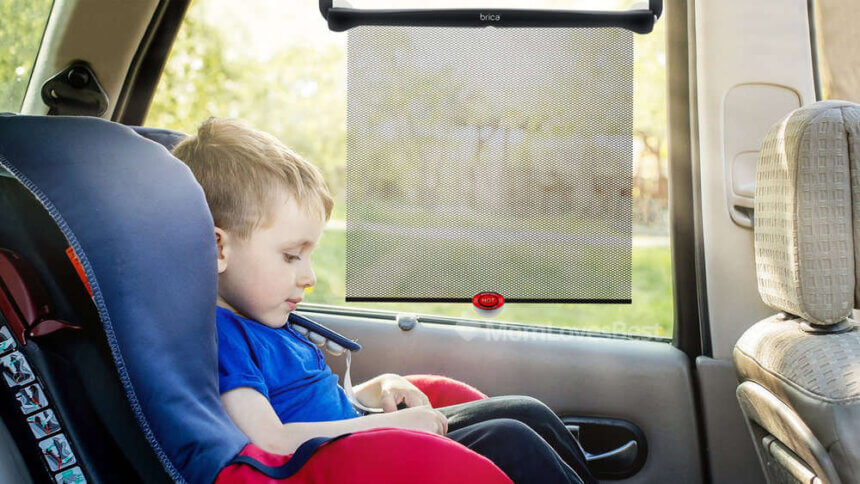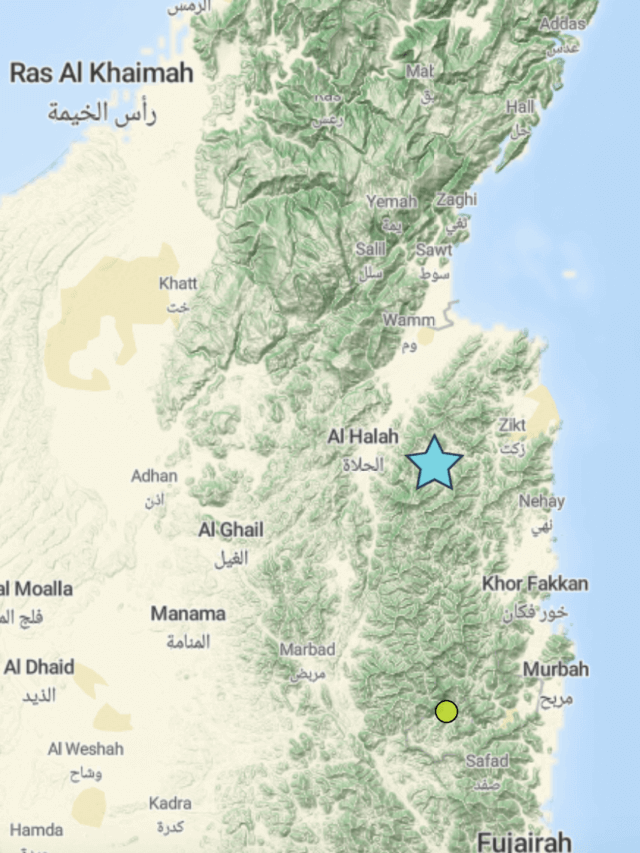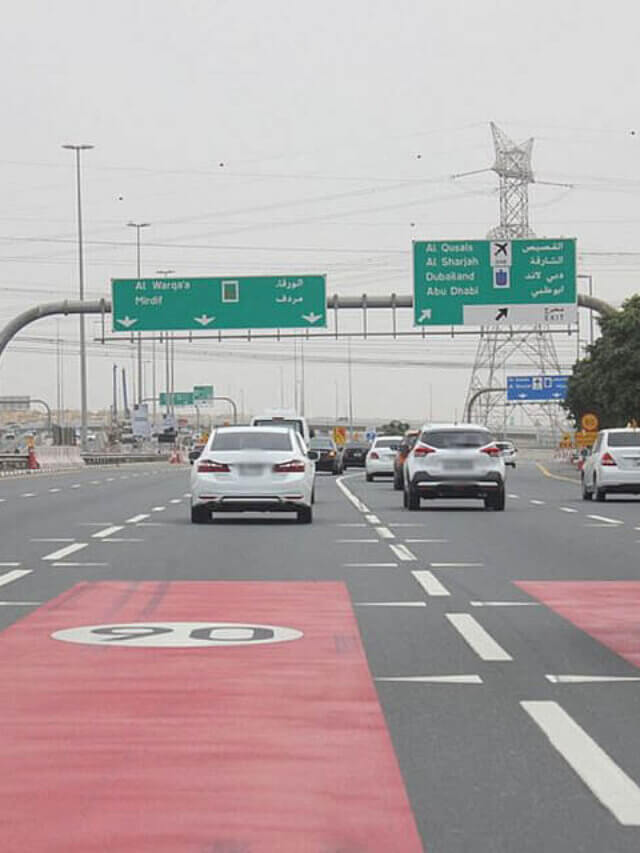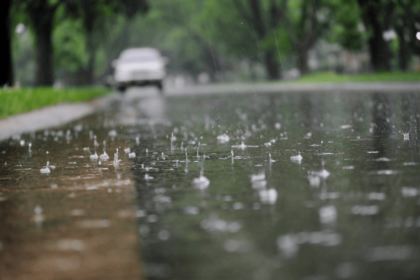Medical professionals are warning parents to shield their children from the sun and the Heat stroke as summer approaches.
After a youngster died from heat exhaustion while trapped in a car, people are more worried about the effects of heat stress on children.
Due to their developing cardiovascular systems and higher metabolism, youngsters are more likely to experience heat exhaustion and maybe heatstroke.
“Physiologically, children’s smaller size and higher surface area-to-mass ratio mean they absorb heat faster and have a harder time cooling down. Their developing sweat glands and lower sweat rates make it challenging for them to regulate body temperature efficiently. Children have faster metabolisms, producing more heat during activity or in hot weather. Their limited fluid reserves and less developed cardiovascular systems further increase their risk,” Dr Osama Elsayed Rezk Elassy, a clinical assistant professor and head of division at Thumbay University Hospital, said.
The inability to control one’s own core temperature makes children less secure. Because they are unable to identify or express heat-related sensations, they end up exerting themselves too much.
Sweat rates are lower in children because their sweat glands are still maturing, which makes it harder for their bodies to control their temperature.
“Children’s faster metabolisms result in increased heat production during activity or in hot weather, exacerbating their susceptibility. Moreover, limited fluid reserves and less developed cardiovascular systems further elevate their risk of heat-related illnesses,” Dr. Kharie, said.
Taking precautions against whooping cough was already common practice before heat stroke became a major concern.
Doctors advise parents to note that child and adult symptoms may vary. Child dehydration symptoms like vomiting and diarrhoea are more severe than heat exhaustion symptoms like weakness, nausea, and headache.
Without treatment, heat exhaustion can develop to heatstroke, a life-threatening emergency.
















